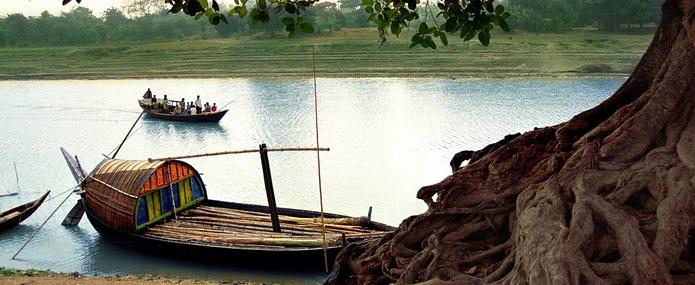Citation
J. C. Jordan (2020): Climate shocks and adaptation strategies in coastal Bangladesh: does microcredit have a part to play?, Climate and Development
Abstract
Microcredit has become a component of global development. Recently, the climate change and disaster community have proposed that it may be able to facilitate climate change adaptation, but whether this is the case remains under-researched. Addressing this gap, this paper examines the question in relation to microcredit’s ability to support adaptation strategies that effectively address vulnerability to climate shocks in three villages in the Bagerhat and Chattogram districts of coastal Bangladesh. The findings provide qualitative evidence that at-risk people often use microcredit as a response to climate shocks. However, the case study only finds evidence that microcredit supports coping and incremental adaptation. Findings suggest shocks (some climate-related and some not) can result in reduction in food consumption, erosion of assets, depletion of savings, increased debt, and debt default, ‘trapping’ at-risk people in indebtedness through a process of cumulative vulnerability. Lack of outreach of microcredit, erosion of assets, supply barriers, and lack of credit alternatives reduce microcredit’s potential to address the persistent determinants of vulnerability.


